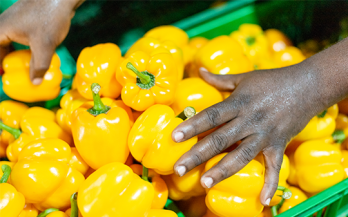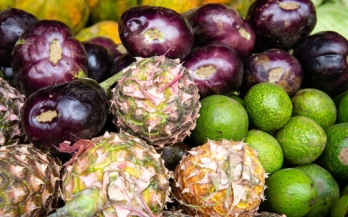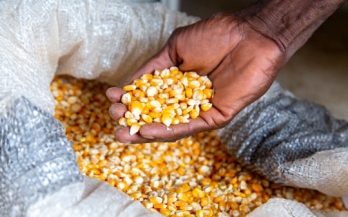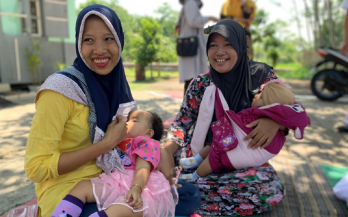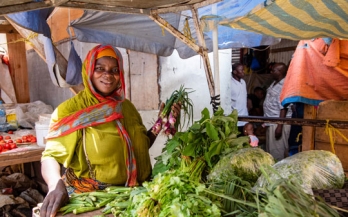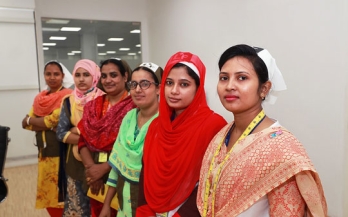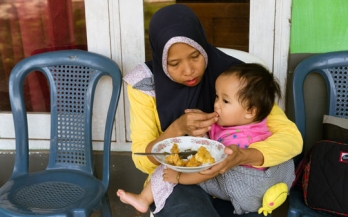GAIN’s Environment Screening Tool represents a key step towards systematically incorporating environmental considerations into GAIN’s programmes. It is designed to enable a rapid self-assessment, which identifies environment-related risk factors, prompts mitigation actions, and encourages teams to explore opportunities for environment-nutrition win-wins.
The 2021 UN Food System Summit led to strategic pathways for food system transformation in countries, supported by an Ecosystem of Support (EoS).
This analysis evaluates transformation progress, suggests principles for effective EoS functioning, and emphasizes flexibility while respecting national leadership and promoting collaboration, inclusivity, and transparency and decision-making in advancing food system goals.
Lower-income populations in low- and middle-income countries (LMICs) often face challenges accessing affordable, desirable, safe, and nutritious food, contributing to poor diet quality and malnutrition.
Lower-income populations in low- and middle-income countries (LMICs) often face challenges accessing affordable, desirable, safe, and nutritious food, contributing to poor diet quality and malnutrition. As the main source of food for the majority of this population, private-sector firms have the potential to play a key role in alleviating this – and if they can do profitably, could help their bottom line in the process.
The objective of this paper is to describe the initial scaling-up phase of the 'Baduta' programme (Baduta 2), which aimed to support national stunting-reduction efforts in Indonesia through emotional demonstrations (‘emo demos’), reflecting on the challenges faced and ensuing lessons learned, following the promising results of the 2017 evaluation of the programme.
Malnutrition is a major public health problem, for which global development assistance current falls far short of needs. As such, it is important to consider non-traditional sources and mechanisms to increase the funding available to support nutrition, particularly in low- and middle-income countries where the burden is highest.
In 2019, in an effort to improve the efficiency and sustainability of its programming, GAIN’s Workforce Nutrition Programme (WFN) shifted away from the traditional project development and evaluation cycle towards a nimbler "Quality Improvement" (QI) approach.
Micronutrient deficiencies (also known as hidden hunger) are a significant public health problem globally. Pre-pandemic estimates found 1 in 2 children and 2 in 3 women suffering from a micronutrient deficiency. Levels of deficiency are likely to be even higher today given the protracted global food crisis arising from the COVID pandemic and Russia’s invasion of Ukraine.
This paper discusses the critical importance of expanding 'food systems infrastructure' as a necessary pre-condition for improving access to healthy and sustainable diets in low- and middle-income countries. It proposes a tractable definition of food systems infrastructure, highlights deficits that have yet to be addressed, and lays out a generic way forward to accelerate infrastructure accumulation.
The review demonstrates that designing policies to holistically address underlying drivers of inequity would require data disaggregated at the level of relevant social groups, with adequate geographic granularity, as well as qualitative data from the perspectives of affected people spanning food environments, socioeconomic information, and the food security, nutrition, and health issues that policies target.


